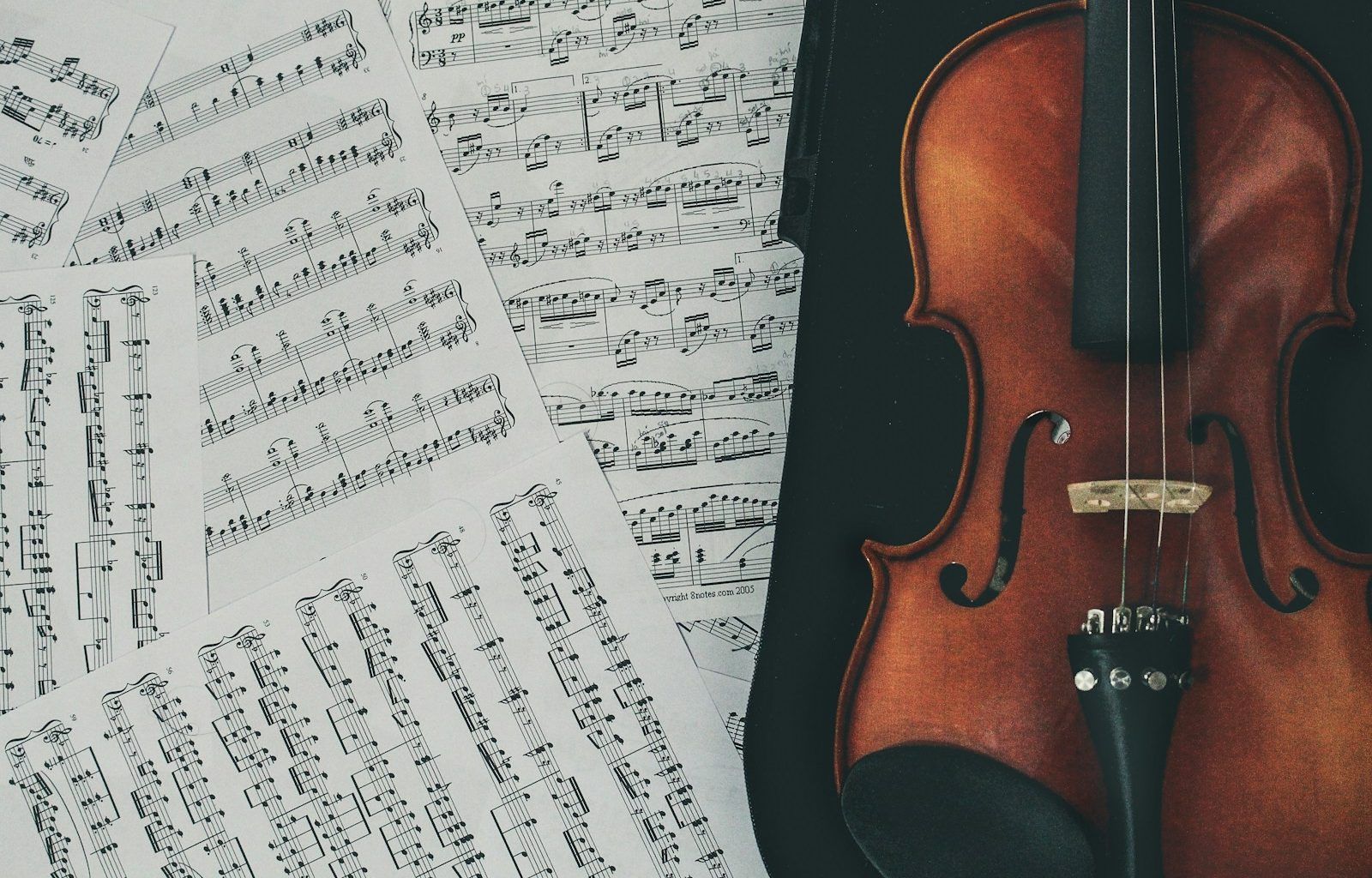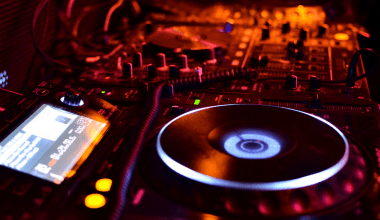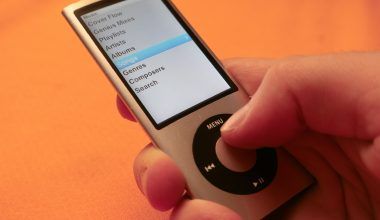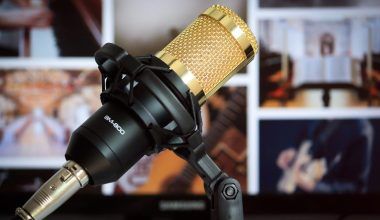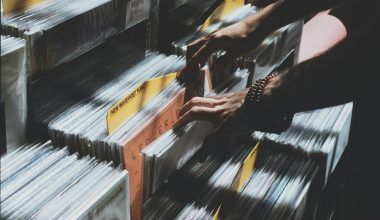Cover songs are a popular way for musicians to showcase their talent and pay homage to their favorite artists. But did you know uploading a cover song without the proper license can lead to serious legal and financial trouble? Many artists make this mistake unknowingly, thinking it’s harmless. In this blog, we’ll explore what happens when you upload a cover song without a license, how it affects your music career, and the steps you can take to stay safe.
Understanding Copyright in Music
Before diving into what happens, it’s essential to understand how copyright works in music. When someone creates an original piece of music, they own the rights to it. This includes the composition (lyrics and melody) and the sound recording. If you plan to record or perform a cover song, you need permission from the copyright holder to do so legally.
Key Terms to Know:
- Copyright Holder: The person or entity owning the rights to the music.
- License: Legal permission to use someone else’s work.
- Mechanical License: Required for recording and distributing a cover.
- Sync License: Needed for using a cover song in a video.
Why You Need a License for Cover Songs
Uploading a cover without a license is like using someone’s property without asking. The copyright holder deserves recognition and payment for their work. When you get a license, you’re agreeing to share royalties or fees with the original creator. This keeps the music industry fair and ensures creators are compensated.
Fun Fact:
Even platforms like YouTube require you to have a license if you upload a cover. They work with copyright management tools to detect unlicensed content.
What Happens If You Upload a Cover Without a License?
Here are the potential consequences:
Legal Trouble:
Copyright infringement is a serious offense. If caught, you could face:
- Lawsuits from the copyright holder.
- Penalties, including hefty fines.
Content Removal:
Platforms like YouTube, Spotify, and others use automated systems to detect copyrighted material. If they find your unlicensed cover, they might:
- Remove your video or song.
- Suspend or terminate your account.
Loss of Revenue:
If your cover generates revenue, the copyright holder can claim it. This means you’ll lose any earnings your content might have made.
Reputation Damage:
Being flagged for copyright issues can harm your credibility. Fans and collaborators might think twice before associating with you.
How Copyright Detection Works
Platforms like YouTube use Content ID systems to scan uploaded content. Here’s how it works:
- The system matches your song with its database of copyrighted tracks.
- If a match is found, the platform may:
- Monetize the video for the copyright holder.
- Mute or block the content.
Knowing this, it’s crucial to ensure your covers are licensed before uploading.
How to Get a License for a Cover Song
Getting a license is easier than you might think. Here’s a step-by-step guide:
Step 1: Identify the Rights You Need
- For audio-only covers, get a mechanical license.
- For covers with video (like on YouTube), you’ll also need a sync license.
Step 2: Contact Licensing Agencies
Agencies like the following can help:
- The Harry Fox Agency (HFA) for mechanical licenses.
- MusicReports for licensing across platforms.
Step 3: Pay the Fee
Licensing fees vary based on the platform and song. Most agencies charge a flat fee or percentage of revenue.
Step 4: Keep Documentation
Always save proof of your license. This protects you if disputes arise.
Alternatives to Licensing
If licensing feels complicated, here are some alternatives:
- Public Domain Songs: Use songs that are no longer under copyright.
- Creative Commons Music: Look for music with licenses that allow covers.
- Original Music: Focus on creating your own songs to avoid licensing altogether.
Real-Life Examples of Copyright Issues
Case 1: The YouTube Takedown
A popular YouTuber uploaded an unlicensed cover that gained millions of views. The video was flagged, and all ad revenue went to the copyright holder.
Case 2: Legal Action Against an Artist
An independent artist released a cover album without licenses. The copyright holder sued, leading to financial loss and a tarnished reputation.
These examples highlight why getting a license is critical for your music career.
Tips to Avoid Copyright Issues
- Do Your Research: Always check whether a song requires licensing.
- Use Licensed Platforms: Some services handle licensing for you (e.g., music distribution services).
- Be Transparent: Clearly label your content as a cover.
- Educate Yourself: Learn about copyright laws in your region.
How Deliver My Tune Can Help
At Deliver My Tune, we simplify the licensing process. Our music distribution services include copyright guidance, ensuring your covers are compliant. Whether you’re an independent artist or part of a label, we provide tools to protect your music and career.
FAQs About Cover Songs and Licensing
Q1. Do I always need a license for covers?
Yes, unless the song is in the public domain.
Q2. How much does a license cost?
Costs vary, but they’re usually affordable for independent artists.
Q3. What if I upload a cover without monetizing it?
Even non-monetized covers can be flagged or removed.
Q4. Can I license a cover after uploading it?
Yes, but it’s better to secure the license beforehand.
Final Thoughts
What Happens If I Upload a Cover Without a License? Uploading a cover without a license can seem tempting, but the risks far outweigh the rewards. Licensing not only protects you legally but also supports the original creators. By taking the right steps, you can share your covers with confidence and build a reputable music career.
Remember: Respecting copyright is respecting creativity. Stay informed, stay safe, and let your music shine!
For further reading, explore these related articles:
- Become a Pro Rap Beat Creator: The Ultimate Guide for Beginners
- What Is an Open Mic? Everything You Need to Know About Open Mic Nights
For additional resources on music marketing and distribution, visit Deliver My Tune.
